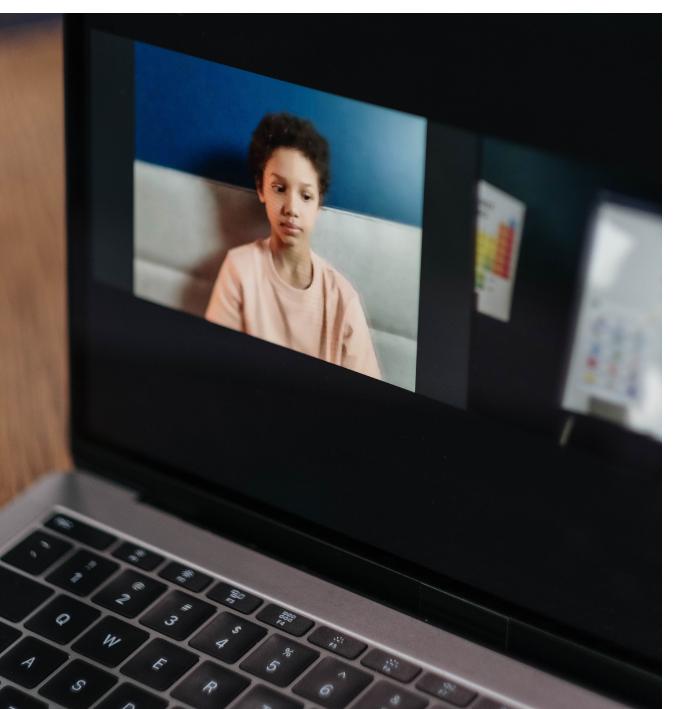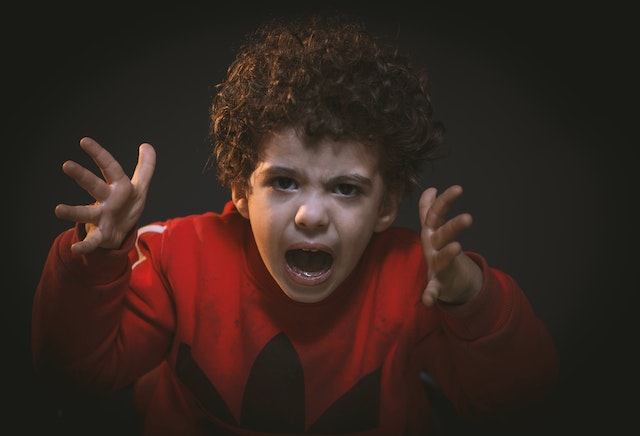Kids in Remote School Experienced More Sleep, Behavioral and Social Challenges
After losing a family member to COVID in 2020, my husband and I decided to enroll our kids in remote learning for the 2020-2021 school year. To say it was a challenge working from home and keeping two students engaged academically is an understatement. Like many parents, the effects of virtual schooling, combined with social isolation, was an incredible disruption to our lives, and new research tells the story of just how damaging fully remote schooling was on younger kids.
The Research
A team of researchers at Michigan Medicine — University of Michigan wanted to assess the prevalence of child behavior, academic and sleep concerns—among other issues—among elementary school-age children during Covid-19. The study authors chosen younger children because they require more adult support during instruction and are still building foundational academic skills.
Using surveys from parents of children ages 5 to 10 (kindergarten through fifth grade) who attended in-person (27.7%), remote (59.5%) or hybrid (12.8%) learning, the researchers looked at factors like:
• demographics (race, ethnicity, material hardship, etc.)
• school format
• behavior
• learning-related experiences
• sleep
• parent stress
• depression symptoms

The Results
There is little doubt about the detrimental effects experienced by children who did 100% remote learning.
Not only did those student show significantly more disruption to academic motivation, but also more signs of hyperactivity, social challenges with peers, and behavioral issues at home.
Some of the factors that influenced these problems included:
• new school platforms and workloads
• lack of interaction or depth of relationship with teachers and classmates
• extended time at home
• less interaction with positive role models at school
• sleep disruptions due to increased screen time, stress and anxiety
• increased exposure to family conflicts
“Remote learners appeared to be less excited about learning,” says lead author Kimberley Levitt, M.D., developmental behavioral pediatrician at University of Michigan Health C.S. Mott children’s Hospital and Michigan Medicine researcher. “We know that children’s enthusiasm and engagement in school helps predict how they cope with academic challenges throughout the year. … Some kids experienced a loss in the school setting beyond academics. At these ages, many children develop friendships or even get a new best friend, hallmark childhood experiences. Children often build a sense of community, identity and independence from parents through classroom environments. But some children may have missed out on opportunities to further develop social skills through school interactions.”
As with previous studies, the researchers found that underrepresented minority children were more likely to attend a remote school format than white children. Of the families surveyed for this study, nearly one-third were families from underrepresented racial or ethnic minorities.
The results of the study were published in the June/July 2022 issue of the Journal of Developmental & Behavioral Pediatrics.
MBJ
Wendy Burt-Thomas writes about the brain, mental health and parenting.
Check out the original research:


